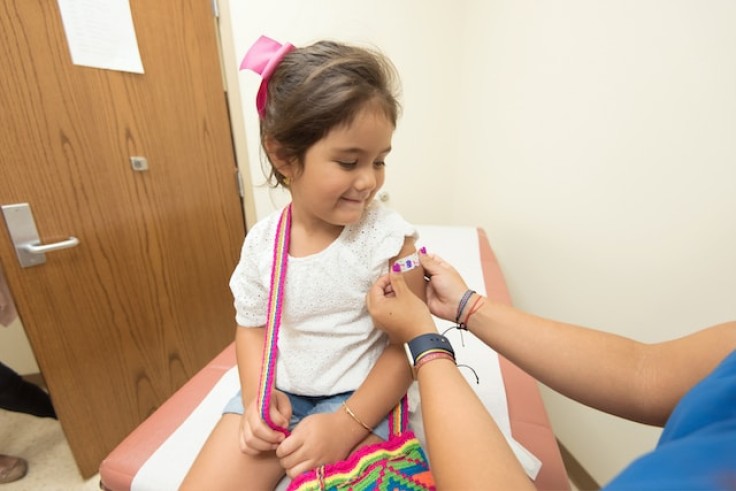
In a significant shift, Mississippi, a state that once led the nation in child vaccination rates, is grappling with a surge in religious exemptions following a strategic legal challenge.
This development has put public health officials, including Dr. Daniel Edney, the state's top health official, in a precarious position as they navigate a new landscape of vaccine hesitancy.
For over four decades, Mississippi boasted one of the strictest vaccination requirements for schoolchildren in the United States, allowing exemptions only for verified medical conditions. This policy resulted in a 99% immunization rate among kindergarteners, a figure that was a source of pride for the state. However, this year, thousands of families have requested exemptions on religious grounds, a dramatic shift from the state's long-standing policy.
The Catalyst for Change
The change in Mississippi's vaccination policy didn't come from a vote or legislative action but from a well-timed lawsuit. A local conservative anti-vaccine club, in collaboration with a prominent national anti-vaccine organization, filed a lawsuit in one of the country's most conservative courts.
This legal maneuver successfully challenged Mississippi's stringent vaccination laws, marking a significant departure from a policy that had been in place since the late 1970s.
The lawsuit's success has led to an influx of religious exemption requests, far exceeding Dr. Edney's initial estimates. With 2,235 religious exemptions and roughly 500 medical ones granted so far, the state is nearing what Edney calls "critical mass." This threshold, if crossed, could threaten the entire population with preventable diseases due to the dismantling of herd immunity.
Interestingly, the exemptions are predominantly coming from the middle and southern parts of the state and along the Gulf Coast, areas known for better health care, education, and privilege. This trend indicates a reverse health disparity, where preventable diseases might first affect children in more affluent communities.
Low-income and minority communities, as well as individuals unable to be vaccinated due to medical conditions, will likely bear the broader consequences of these outbreaks.
The Burden on Public Health
The surge in exemptions has placed an additional burden on Mississippi's already challenged public health system. The state, which spends less on public health per resident than almost any other, is facing a dire situation with over 40% of health department jobs unfilled and a third of its rural hospitals at immediate risk of closing.
Mississippi's compulsory vaccine law, enacted in 1978 in response to measles outbreaks, was a success story until this recent legal challenge. The state's Supreme Court had previously upheld the strict vaccination law, citing public health over individual beliefs. However, the recent federal lawsuit has upended this long-standing policy.
Public health officials like Dr. Edney face the daunting challenge of maintaining public health with limited resources as Mississippi navigates this new era of increased vaccine exemptions. The state's experience serves as a cautionary tale for other states and highlights the complex interplay between legal actions, public health policies, and community health outcomes.
Related Article : Pediatric Mental Health Hospitalizations for Suicidal, Self-Harming Behavior Spike Dramatically